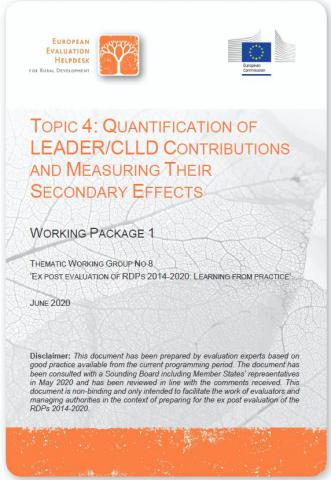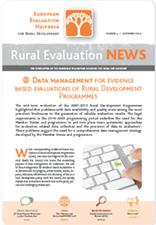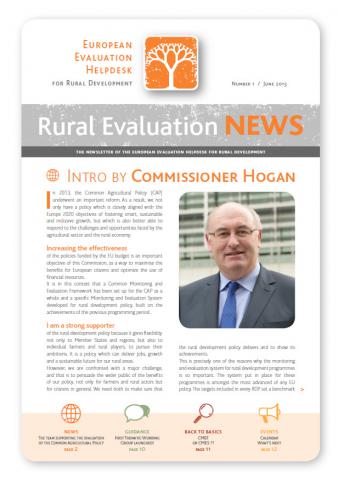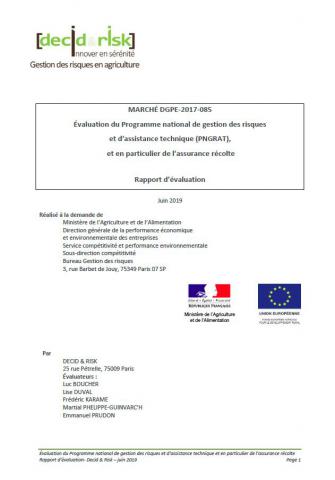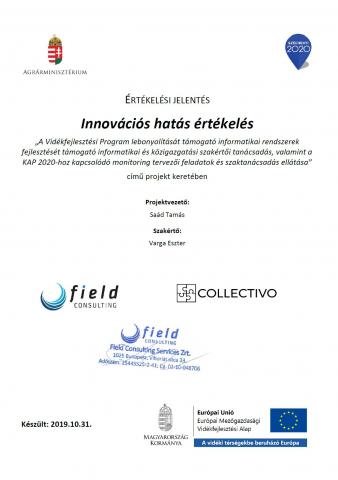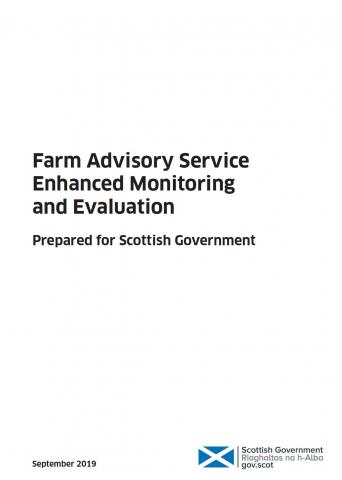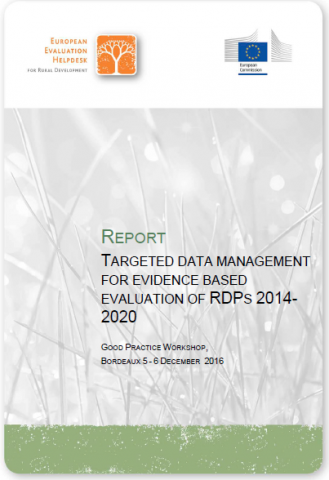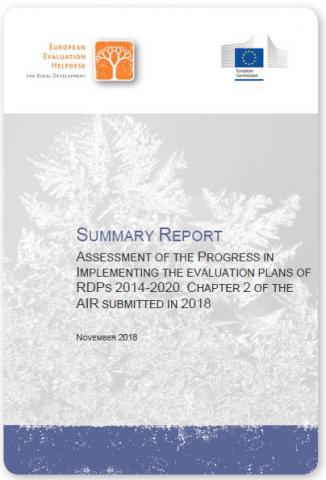
This summary report describes the progress made by the Member States in implementing the RDP evaluation plans over the calendar year 2017. The summary is based on the screening of Chapter 2 of 115 Annual Implementation Reports (AIRs) submitted to the European Commission in 2018.

